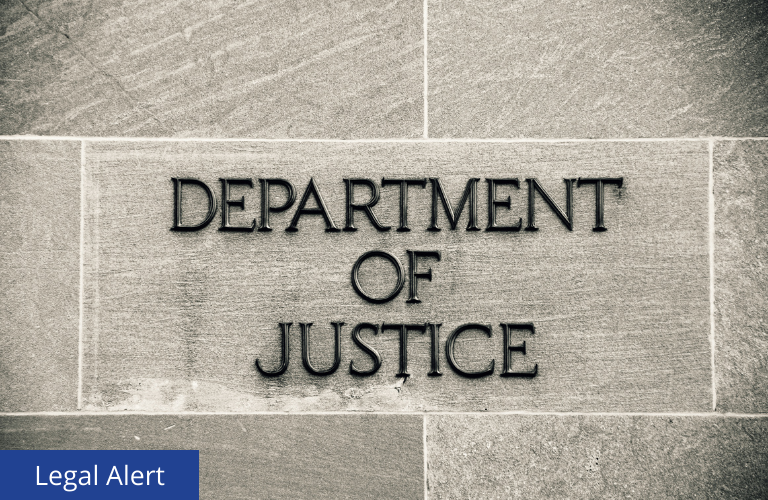
The Criminal Division of the United States Department of Justice (DOJ) encourages companies to cooperate with the government whenever criminal conduct is discovered. A recent case demonstrates how voluntary self-disclosure and cooperation can help a business avoid criminal charges. It also demonstrates how extensive such cooperation must be in order to receive full credit.
On October 24, 2023, the DOJ indicted Kenia Valle Boza, a former executive with HealthSun Health Plans, Inc., on six charges involving Medicare fraud in connection with a HealthSun Medicare Advantage Plan. According to the DOJ, Boza devised a scheme to submit to the Centers for Medicare & Medicaid Services (CMS) false information about certain of HealthSun’s Medicare Advantage enrollees in order to increase the amount of reimbursements from CMS. The scheme ran from approximately 2015 until early 2020 and resulted in overpayments by CMS to HealthSun of approximately $53 million.
The day after the charges were filed, the DOJ sent a letter to HealthSun’s counsel advising them that the Government had declined to prosecute the company, citing the Criminal Division’s Corporate Enforcement and Voluntary Self-Disclosure Policy.
According to the DOJ’s letter, HealthSun and its corporate parent, Elevance Health, Inc., 1) timely and voluntarily disclosed the misconduct; 2) cooperated fully and proactively with Government, including providing all known relevant facts about the misconduct and the individuals involved; 3) terminated the employees involved in the misconduct; 4) reported and corrected the fraudulent information submitted to CMS; 5) improved their compliance program and internal controls; and 6) agreed to immediately remit to the Medicare Trust Fund Account $53,170,114.60, the amount CMS overpaid to HealthSun as a result of the criminal scheme.
It appears that, in the eyes of the DOJ, HealthSun and their counsel did everything right. Rather than wait to see if the DOJ came knocking, they self-disclosed the misconduct. They cooperated fully by sharing evidence they had gathered on the individuals involved. They fired the perpetrators. They stepped up compliance and tightened internal controls. They agreed to continue to cooperate as the prosecution of the individuals proceeds. And, probably most importantly, they agreed to pay back over $53 million all at once.
Self-disclosure is not the right decision in every case. The government can and does overstep its authority at times, and sometimes it misreads evidence or even stubbornly refuses to interpret it as anything other than nefarious. A company may well have valid defenses, but sometimes it can take time for evidence of such defenses to be revealed and take hold. At other times, however, evidence of misconduct is overwhelming, and there is no plausible defense. In such cases, self-disclosure and cooperation may be the best option.
The case is United States v. Kenia Valle Boza, No. 1:23-cr-20417-KMW (S.D. Fla.). As in all criminal cases, the defendant is presumed innocent until proven guilty beyond a reasonable doubt in a court of law.

